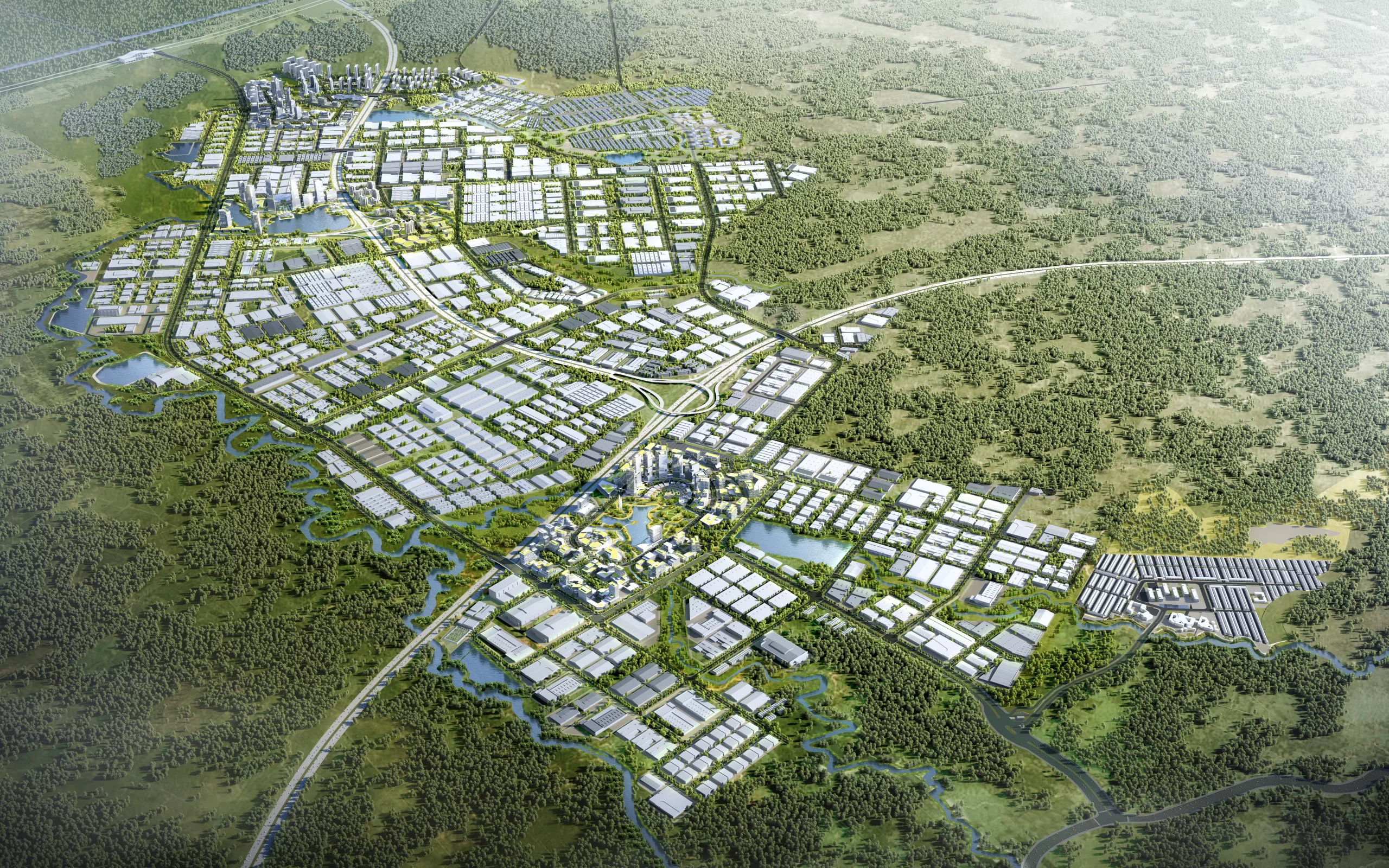Subang Regency has achieved another significant milestone, driven by its rapid industrial growth, which has substantially boosted its Original Local Government Revenue (PAD). Pj. Regent of Subang, Dr. Drs. Imran, M.Si., MA.Cd, announced that the PAD for 2025 is projected to reach IDR 802.02 billion, marking a notable 29.04 percent (IDR 180.49 billion) increase from the 2024 figure of IDR 621.53 billion.
The positive economic impact extends to employment figures, with the number of unemployed people in Subang Regency decreasing from 69,565 in 2023 to 63,260 in 2024, a reduction of 6.73 percent. The establishment of the Special Economic Zone is expected to further accelerate this trend, with the potential to create approximately 200,000 jobs across its construction and production phases. This industrial growth is poised to significantly reduce unemployment in Subang Regency moving forward.
In line with the goal of reducing unemployment, the Subang Smartpolitan integrated township has successfully attracted numerous domestic and international investors. These investments, spanning industries such as electronics, electric vehicles, and toy manufacturing, have created thousands of new jobs for the residents of Subang Regency and its surrounding areas.
This increased labor absorption is expected to foster a positive cycle: as the demand for skilled labor rises, it will encourage greater investment in the education sector, thereby sustainably developing a competent workforce for the future.
Subang Regency has also made significant strides in poverty reduction. The percentage of extreme poverty in the region dropped to 0.09 percent in 2024, a notable decrease of 2.07 percent from 2.16 percent in 2023.
Rapid industrial growth has been a primary catalyst for this achievement. The presence of industry has fostered a dynamic economic ecosystem, opening new business opportunities and boosting community income. This is evident in the increased demand for food, transportation, and various other necessities, which in turn stimulates local economic growth.
Furthermore, the industrial presence in Subang Regency isn’t just about direct economic and social benefits; it also promotes sustainable growth. Through the adoption of environmentally friendly technology and effective waste management, the region’s environmental quality can be maintained and even enhanced.
PAD is a crucial income source for local governments, powering regional autonomy and development. An increase in Subang Regency’s PAD won’t just fund better infrastructure; it will also enhance public services like health, education, and transportation. Moreover, this rise in PAD will directly boost the welfare of Subang Regency’s residents, creating new jobs and fostering sustainable economic growth.

